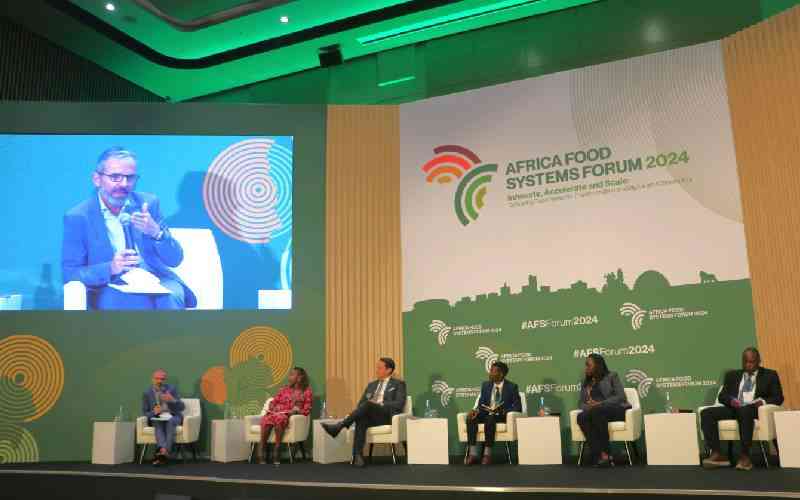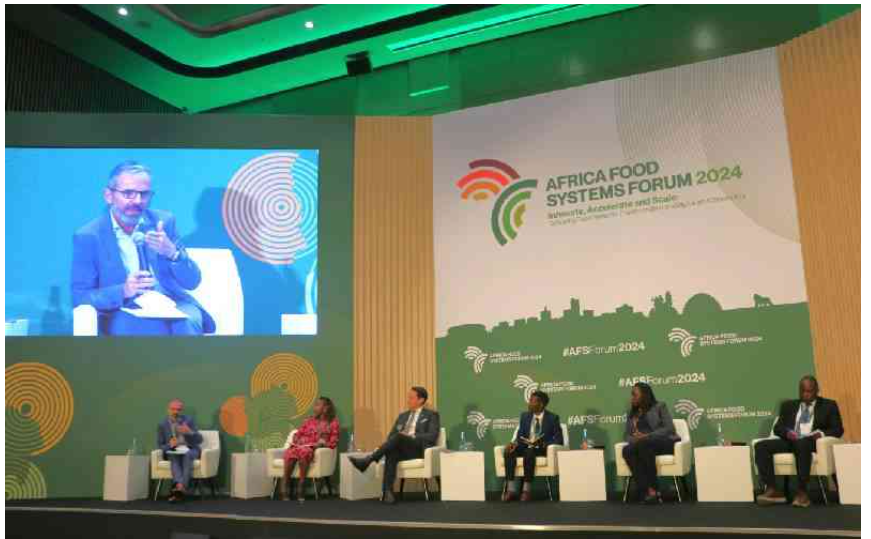
Agricultural experts are increasingly focusing on enhancing the productivity of smallholder farmers, who form the backbone of agricultural production in many developing regions. These farmers, often cultivating less than two hectares, face challenges ranging from limited access to quality seeds and fertilizers to lack of training in modern farming practices. To address these issues, experts are implementing a series of initiatives aimed at increasing yields, improving food security, and lifting rural communities out of poverty.
Access to High-Quality Seeds and Inputs One major focus area is ensuring that smallholder farmers can access high-quality seeds and affordable fertilizers. Programs are being introduced to subsidize essential inputs and distribute climate-resilient seed varieties adapted to local conditions, helping farmers better cope with challenges like drought or flooding.
Training in Sustainable Farming Practices Training initiatives aim to equip farmers with knowledge in crop rotation, water conservation, and soil management. Such sustainable practices can boost productivity while preserving the environment, ensuring that land remains fertile for future generations.
Improving Market Access Often, smallholder farmers struggle to bring their products to market due to logistical challenges and price volatility. Experts advocate for improved infrastructure, such as roads and storage facilities, and are working on creating cooperatives that give farmers stronger bargaining power.
Digital Solutions and Technology Access Technology is transforming agriculture, and agricultural experts are keen on introducing smallholder farmers to tools that can enhance production. Mobile platforms, for instance, provide weather updates, market prices, and farming tips. Precision farming tools, like soil sensors and satellite imaging, are also being introduced to guide farmers on optimal planting times and crop management techniques.
Access to Financing and Insurance Financial constraints are a significant barrier for smallholder farmers, limiting their ability to invest in better inputs or equipment. Experts are working to improve access to microloans and insurance products tailored for farmers, which can help manage risks related to weather fluctuations or crop failures.
These initiatives are being supported by partnerships between governments, international organizations, NGOs, and private companies, all aiming to strengthen the resilience and productivity of smallholder farming communities. Organizations like the Food and Agriculture Organization (FAO) and the World Bank are backing projects that create sustainable pathways to increase yields, reduce poverty, and enhance food security.
The concerted effort to empower smallholder farmers is critical for achieving food security, especially in regions heavily reliant on agriculture. With the right support, these farmers can significantly increase production, contribute to local economies, and foster resilience against climate change. For the global community, enhancing smallholder farmers’ productivity is not only a step toward reducing hunger but also a move toward more sustainable, inclusive growth in the agricultural sector.


